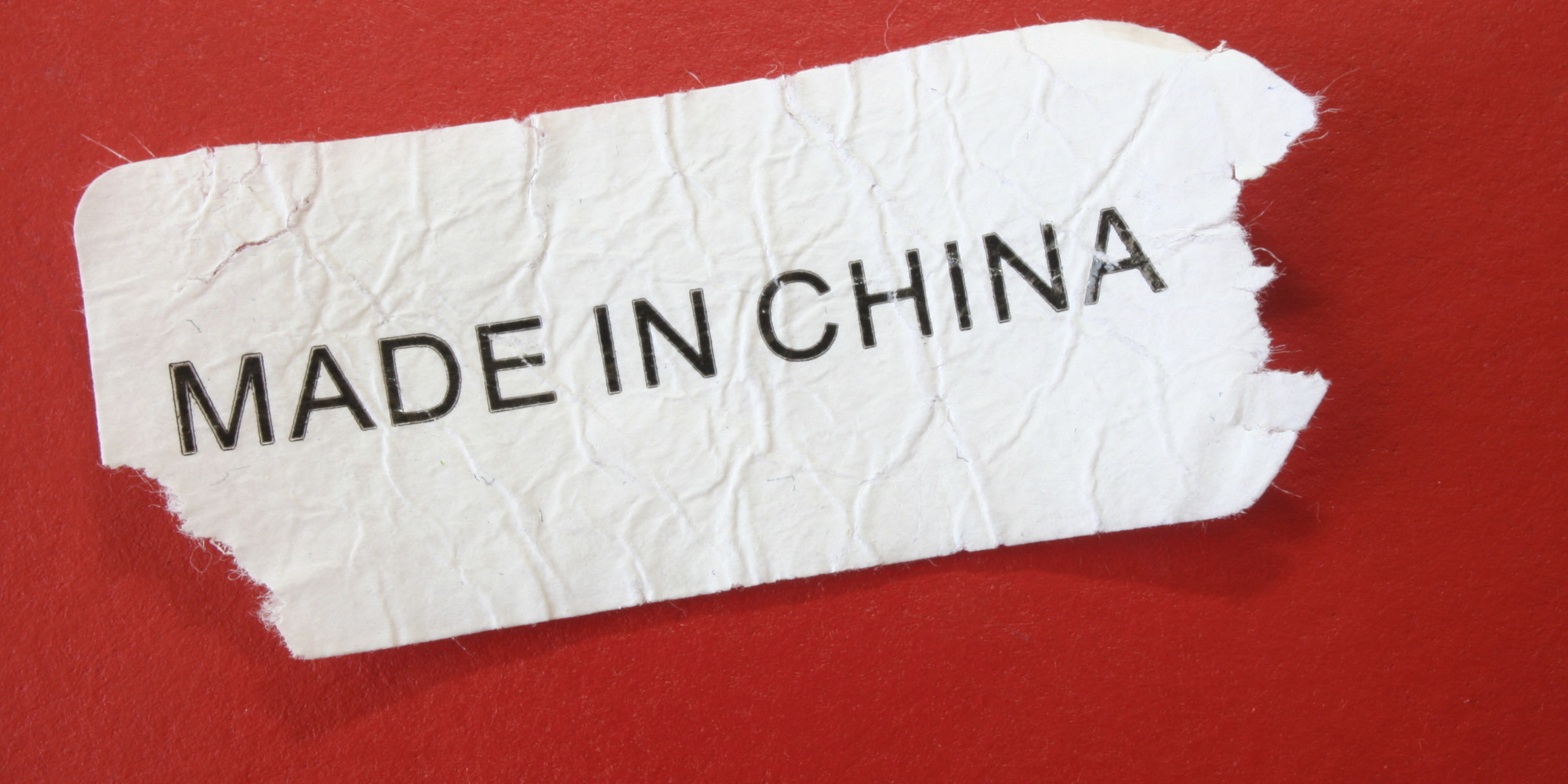
Why choose not made in China products? Currently, China has taken a very large share of the shopping market around the world. However, many recommendations suggest that products from this country should not be purchased and used. Do you have questions about this, in this article we will answer you about why choose not made in China products.
Why Choose Not Made In China Products?

Quality Concerns
Why choose not made in China products? Quality concerns are one of the reasons why some consumers choose not to purchase products made in China. There have been reports of safety and reliability issues with some products made in China, particularly with electronics, toys, and food products.
In some cases, products made in China may not meet the safety and quality standards of other countries. This can be due to differences in regulations and standards between China and other countries, as well as variations in manufacturing processes and quality control practices.
However, it’s important to note that not all products made in China are of low quality. There are many reputable manufacturers in China that produce high-quality products that meet international standards. In fact, many well-known brands and companies manufacture their products in China.
To address quality concerns, consumers can take steps to research products and manufacturers before making a purchase. This can include reading reviews, checking for certifications and safety standards, and researching the manufacturing process and quality control measures. It’s also important to purchase products from reputable retailers and to be wary of counterfeit or fake products, which can be of low quality and potentially dangerous.
Ethical
Ethical concerns are another reason why choose not made in China products. Reports have emerged over the years of poor working conditions, labor exploitation, and human rights abuses in some factories in China. These reports include allegations of forced labor, child labor, long working hours, low wages, and unsafe working conditions. Some consumers may choose not to support these practices by avoiding products made in China.
To address ethical concerns, consumers can take steps to research the manufacturers and brands before making a purchase. This can include reading news articles and reports, as well as consulting with advocacy organizations and labor rights groups. It is important to look for certifications and labels, such as Fair Trade, that ensure the workers who produce the product are paid fairly and work in safe conditions.
Another way to support ethical practices is to purchase products from companies that have a proven track record of ethical production. Some companies have strict codes of conduct and policies that require their suppliers to adhere to high standards for labor practices and human rights.
It’s also worth noting that ethical concerns are not unique to China, and that there are reports of labor abuses and exploitation in many countries around the world. It is important to stay informed and aware of these issues and to support companies and brands that prioritize ethical practices in their supply chain.
Environmental

Environmental concerns are also a reason why choose not made in China products. China is known for its heavy industrialization and manufacturing, which can have negative environmental impacts. Reports have emerged of air pollution, water pollution, and soil contamination in China due to industrial activities.
In addition to the environmental impact of manufacturing, there are also concerns about the environmental impact of transportation. Shipping products from China to other parts of the world can result in significant carbon emissions.
To address environmental concerns, consumers can take steps to research the environmental impact of products and manufacturers before making a purchase. This can include looking for certifications and labels, such as Energy Star and the Forest Stewardship Council, that indicate that a product meets environmental standards.
Consumers can also choose to support companies and manufacturers that prioritize sustainable and environmentally-friendly practices. This can include using renewable energy, reducing waste and emissions, and using sustainable materials and production methods.
Political
Political concerns are another reason why choose not made in China products. The relationship between China and other countries can be politically fraught, and some consumers may choose to avoid products made in China as a form of political protest or to support their own country’s economy.
Political concerns can be influenced by a range of factors, including trade policies, human rights issues, territorial disputes, and geopolitical tensions. In some cases, political concerns may be tied to national security concerns, particularly when it comes to technology products.
To address political concerns, consumers can stay informed about the latest developments and news related to the relationship between their country and China. This can involve monitoring trade policies and negotiations, as well as staying up-to-date on human rights issues and geopolitical tensions.
Consumers can also choose to support domestic manufacturers and companies in their own country to help boost the local economy. This can include purchasing products made locally, supporting small businesses, and choosing products that are made in countries with strong trade relationships with their own country.
Supporting Local Businesses

Supporting local businesses can have a range of benefits for individuals and communities. By choosing to purchase products and services from local businesses, consumers can help to support the local economy, create jobs, and strengthen the community.
- Boosts the local economy: When consumers choose to purchase products and services from local businesses, they help to keep money in the local economy, which can help to support other businesses and create jobs.
- Creates jobs: Local businesses are often the largest source of job creation in a community, and supporting them can help to create and maintain employment opportunities for local residents.
- Builds community: Local businesses are often deeply rooted in the community, and supporting them can help to build a sense of community pride and connection.
- Promotes diversity: Local businesses often offer unique products and services that are not available from larger chain stores, which can help to promote diversity and variety in the community.
- Reduces environmental impact: Supporting local businesses can also help to reduce the environmental impact of transportation, as products and services are produced and consumed closer to home.
To support local businesses, consumers can choose to shop at local stores, eat at locally-owned restaurants, and use locally-owned services. They can also participate in community events and initiatives that promote and support local businesses, such as farmers markets and buy-local campaigns.




